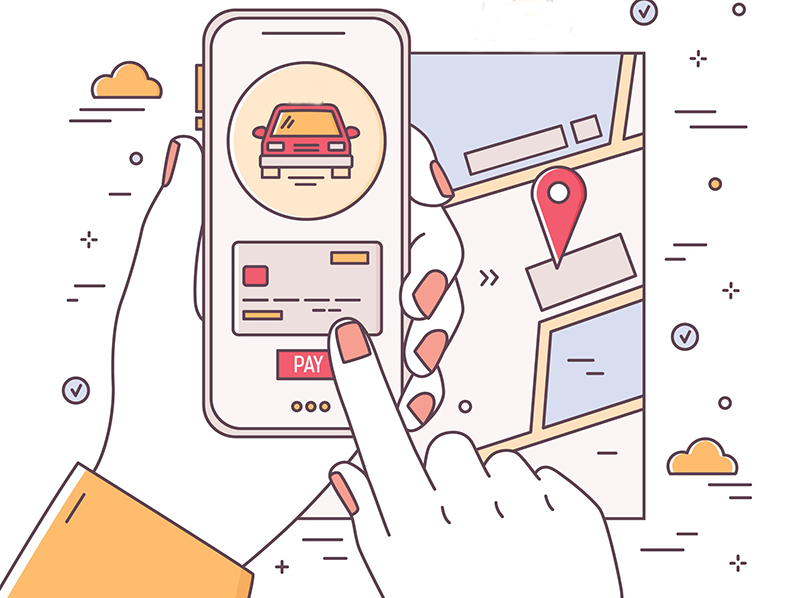April 15th, 2021
Insurance in the Age of Rideshare
Posted in: Personal Injury Tagged: Jamie Alvarado-Taylor, Jonathan F. Lieberman, R. Aron Benjamin
Author: Jamie Alvarado-Taylor, R. Aron Benjamin, Jonathan F. Lieberman

Every person who drives for a rideshare company needs to make sure they have sufficient coverage to protect themselves and their assets in the event of a collision. Many rideshare operators mistakenly believe that either the rideshare company or their own insurance policy will automatically cover expenses, such as property damage and medical costs, however that is not necessarily the case. Coverage can vary depending on what stage of work a driver has reached during each particular pick up. For example, if a driver is involved in a collision while using a ride share app in his or her vehicle waiting for a passenger, the coverage options may be different than if he or she is involved in a collision while on the way to pick up an accepted passenger, or while driving a passenger already in the vehicle. These variations in policy can lead to potential gaps in insurance coverage.
The first step is to make sure that drivers have their own personal auto insurance coverage updated. Ride share drivers must inform their personal insurance carriers that they are driving for a ride share company and purchase additional insurance coverage for that purpose. Coverage for this additional insurance, or “rider,” can start as low as a few dollars per month, and availability varies by each carrier.
A driver who does not have his or her own policy covering their rideshare job may be excluded from the coverage and protections by ride share company’s insurance carrier. Additional dangers of failing to disclose to your personal auto carrier that you are a ride share driver include a driver’s carrier denying coverage, cancelling a policy, or alleging fraudulent behavior on the part of the driver. If you would like us to review your current policy to see if you have the correct coverage please contact us at 301-340-2020.







